Astellas Pharma recently announced that its investigational therapy, Zolbetuximab, was effective as a first-line treatment in combination with chemotherapy regimens for the treatment of Claudin 18.2 positive, HER2 negative, locally advanced unresectable or advanced gastric or gastroesophageal junction (GEJ) cancer, significantly extending progression-free survival and overall survival of patients.
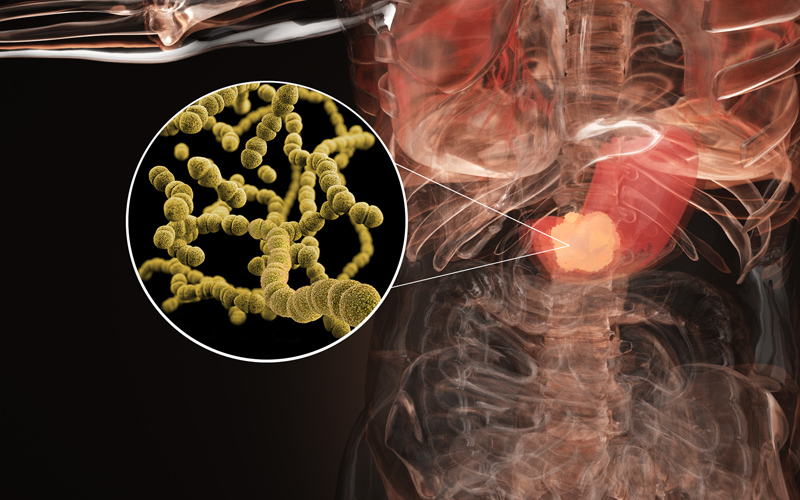
Study details:
The study is based on positive results from a Phase 3 clinical trial, GLOW. This was a global, multicentre, double-blind, randomised trial that focused on assessing the efficacy and safety of Zolbetuximab + chemotherapy compared to placebo + chemotherapy.
A total of 507 Claudin 18.2-positive, HER2-negative patients with locally advanced unresectable or advanced gastric or GEJ cancer who had not received prior chemotherapy were recruited to the trial. Patients who had received systemic immunotherapy or other drugs or therapies within the previous 28 days could not be enrolled.
Patients were randomised in a 1:1 ratio into two groups, one treated with Zolbetuximab + chemotherapy and the other with placebo + chemotherapy.
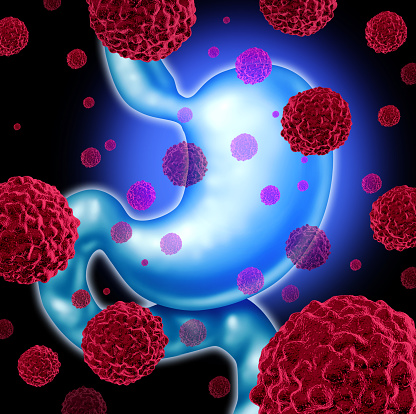
The study showed that patients in the Zolbetuximab + chemotherapy treatment group showed a statistically significant increase in progression-free survival and overall survival compared to placebo + chemotherapy.
The common adverse effects of treatment assay were nausea and vomiting.
"Locally advanced unresectable or advanced gastric and GEJ cancers are both difficult conditions with very limited treatment options, and Zolbetuximab promises to be a new treatment option for these patients." Ruihua Xu, M.D., the study's lead investigator, said.
"This study demonstrates the potential of Zolbetuximab in the treatment of gastric cancer and is an important milestone in our gastric cancer development program." Ahsan Arozullah, M.D., Senior Vice President and Head of Developmental Therapeutics at Astellas, said.
About Zolbetuximab:
Claudin 18.2 is a transmembrane protein found in normal gastric cells and is a major component of the epithelial tight junctions that control the flow of molecules between cells. Preclinical studies suggest that Claudin18.2, which is often found in gastric cancer, may become more susceptible to targeted antibodies as the tumour progresses. Approximately 38% of patients with gastric cancer are Claudin18.2 positive.
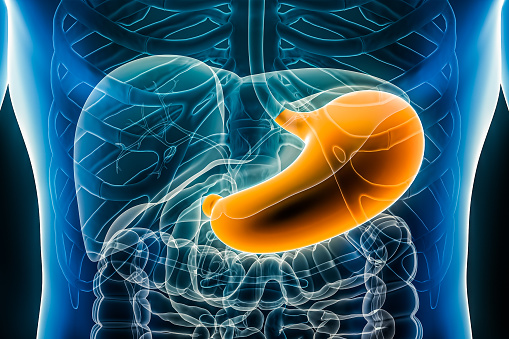
Zolbetuximab, a monoclonal antibody targeting Claudin18.2, works by binding to Claudin18.2 on the surface of gastric cancer cells. In preclinical studies, the combination of the two was able to induce cancer cell death by activating two different immune system pathways - antibody-dependent cytotoxicity (ADCC) and complement-dependent cytotoxicity (CDC).
Previous relevant trials have demonstrated that Zolbetuximab exhibits antitumour activity as monotherapy or in combination with chemotherapy in patients with Claudin 18.2 positive gastric and GEJ cancers:
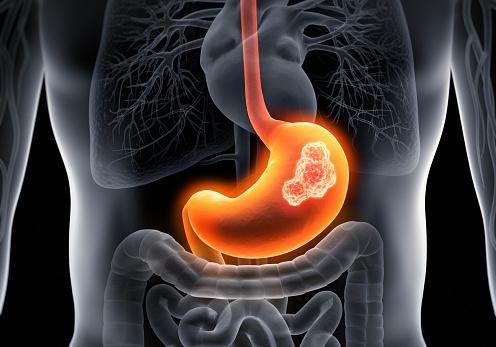
Based on the results of the Phase 2a MONO trial (NCT01197885), the clinical benefit rate (stable + significant tumour shrinkage + disappearance) of Zolbetuximab monotherapy was 23% in patients with recurrent/refractory locally advanced or metastatic disease who had received at least 1 line of chemotherapy.
Data from the Phase 2 FAST trial (NCT01630083) showed that Zolbetuximab + chemotherapy significantly improved progression-free survival and overall survival in patients with advanced disease compared to chemotherapy alone.
Data from the Phase 2 ILUSTRO trial (NCT03505320) showed an objective remission rate (significant tumour shrinkage or disappearance) of 63.2% for Zolbetuximab + chemotherapy in patients with advanced gastric or GEJ cancer with high Claudin 18.2 expression.
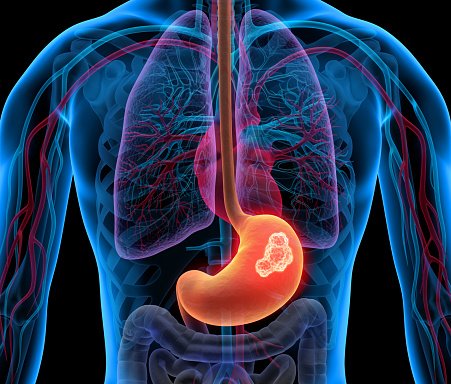
Zolbetuximab + chemotherapy is an innovative therapy that will provide a much needed treatment option for patients with advanced gastric cancer, who are usually diagnosed at an advanced stage, have metastasized to other parts of the body, and have a very low five-year relative survival rate.






